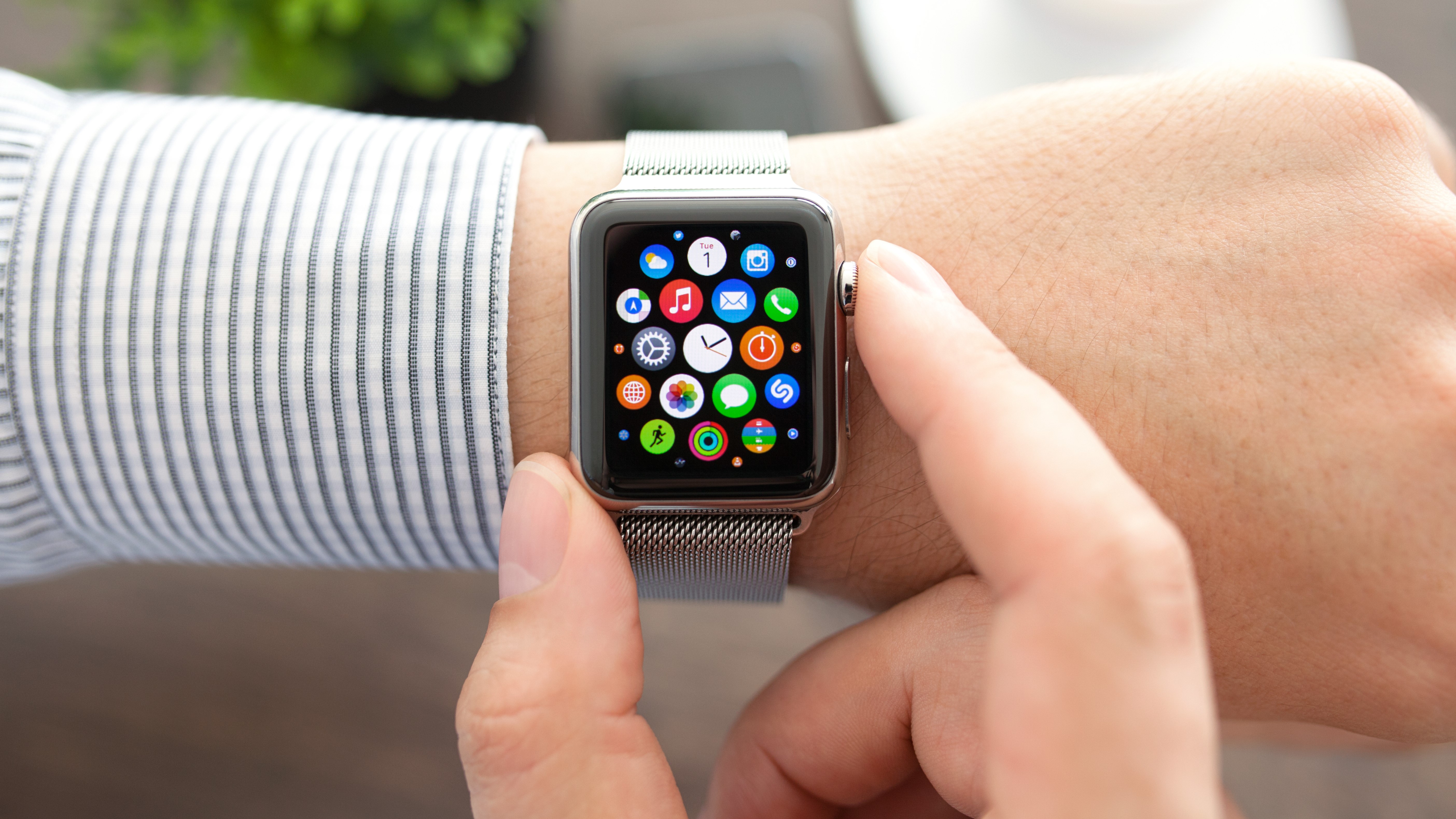Samsung reportedly preparing OLED displays for upcoming MacBook Pro 2022
According to new information shared by The Elec, Samsung is preparing its production line for OLED displays that are expected to be used in future models of the MacBook Pro.
Two new models, a 16-inch and a 17-inch version are expected for release sometime in 2022, supposedly built with a more powerful M1X (or M2) chip.
It isn't clear if OLED screens will feature as default on these rumored MacBook Pro devices, or if they will be an additional option.
This also appears to be in addition to long-standing rumors that a MacBook Pro 14-inch and MacBook Pro 16-inch model are expected for release around October or November of 2021, and will reportedly feature a mini-LED display, similar to the new iPad Pro 12.9-inch 2021 that got the M1 treatment earlier this year.
Apple is also apparently planning to release a 10.9-inch iPad and a 12.9-inch iPad Pro with OLED displays, but given how recently the iPad Pro 12.9 mini LED launched back in May 2021, this would likely be for releases a year or two away.
- Check out all the best laptops around
- And the best Macs to buy this year
- How to update a MacBook
Analysis: too many choices?
While we always advise not taking rumored information as gospel, speculation has been circulating for years regarding Apple developing its MacBook Pro series with OLED displays.
It has always made little sense to include such an expensive feature on the more affordable MacBook Air, and especially confusing if Apple is also planning a mini-LED range of MacBooks, but there are a host of reasons why an OLED MacBook would be a great addition to the range.
Just like with OLED TVs, laptops with OLED panels can produce brighter and more lifelike colors, with superior black levels and contrast. This makes them a great choice for anyone working in a creative field like videography or photography, or even digital artists - which is a key market for the MacBook Pro range.
OLED displays also tend to experience less lag and motion blur because they operate using a single panel, unlike traditional LCD screens that require an additional LED panel for backlighting.
That single panel can even contribute to a device being lighter and thinner, so you'll have less to lug around. But these benefits don't come without a pretty significant caveat.

OLED burn-in is a long-reported issue with these kinds of displays and usually appears as a result of long, consistent exposure (although more recently this is less of an issue as technical developments have helped reduce the risk).
If Apple does have plans to bring both mini-LED and OLED options for the 2022 MacBook Pro range, that would show that the screen is clearly the next selling point for its high-end laptops, and would mirror the improvement to the iPad Pro (which launched earlier this year with mini-LED on board).
There's also no confirmation on if the traditional LCD displays will be phased out completely in favor of this newer technology, so it's conceivable Apple could go with three display choices, although given how similar mini-LED and OLED are, this is unlikely.
However, it's more recently really started to use the OLED tech in things like the iPhone range and every Apple Watch since the start of that line, so it certainly knows how to do it.
Screens aside, the innards of these upcoming laptops will certainly sway a few people into upgrading.
The M1X has been eagerly awaited since the arrival of the original M1 Chipset back in 2020, so while the risk of burn-in may be a cause for concern, the additional performance we're expecting to see in these highly-anticipated devices isn't likely to put off many potential customers.
- Bypass geo-restrictions on your Apple computer with the best Mac VPN
from TechRadar - All the latest technology news https://ift.tt/3fMXxGL
Comments
Post a Comment